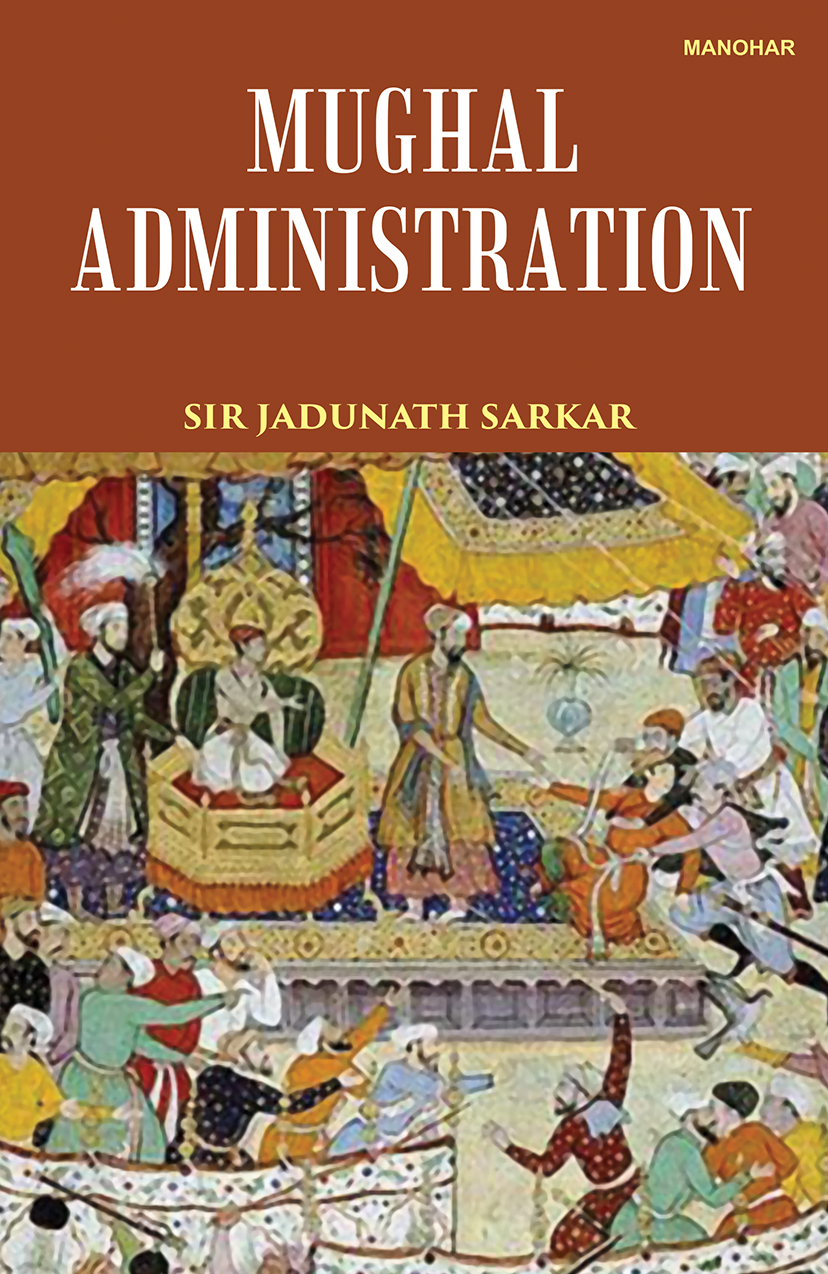Mughal Administration
Availability :
In Stock
₹ 277.30
M.R.P.:₹ 295
You
Save: ₹17.70 (6.00% OFF)
(Inclusive
of all taxes)
Delivery:
₹ 0.00 Delivery charge
Author:
Sir Jadunath Sarkar
Publisher:
Manohar Publishers
ISBN-13:
9789391928834
Publishing Year:
January 2022
No. of Pages:
152
Weight:
400 g
Language:
English
Book Binding:
Paperback











